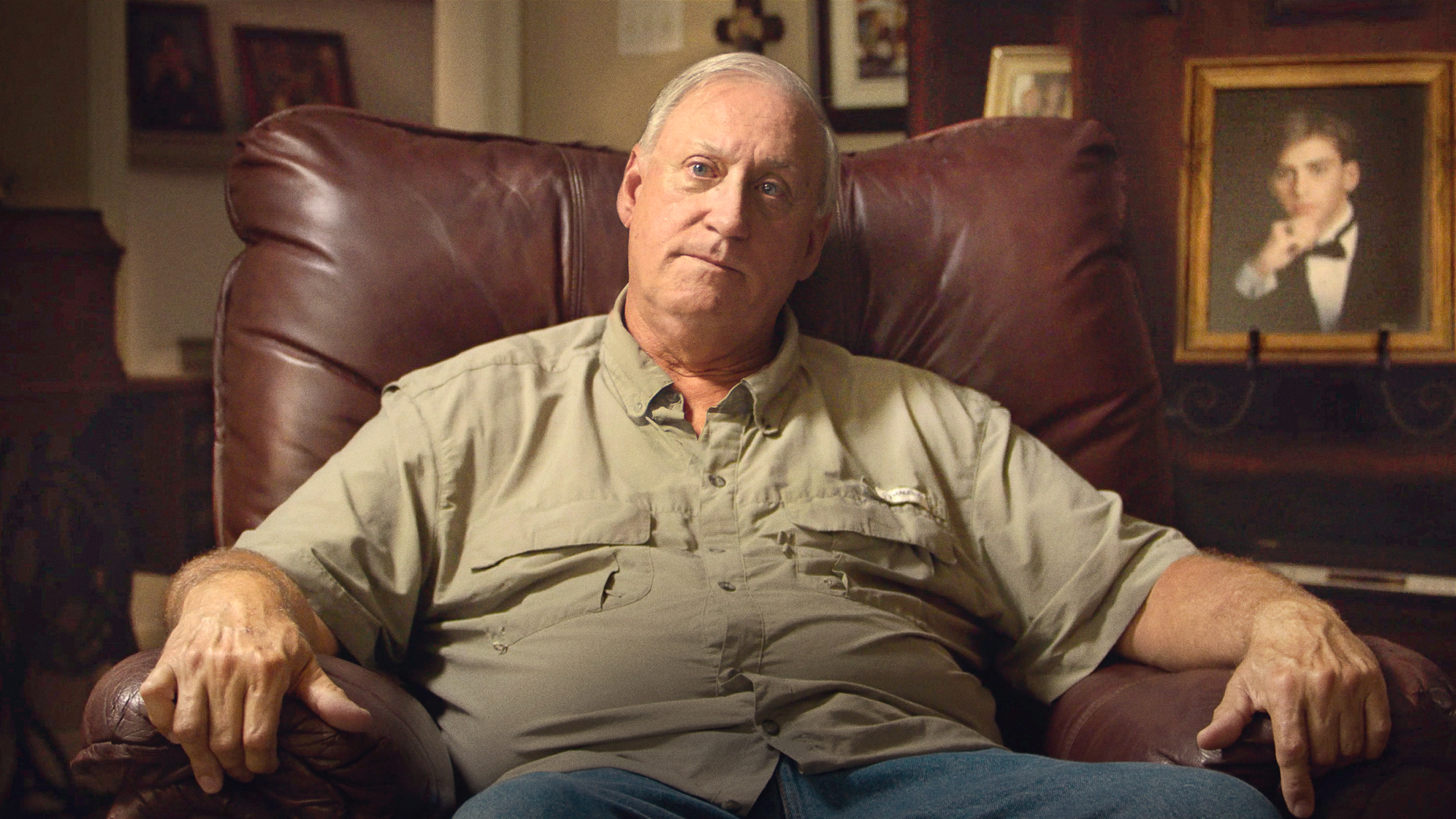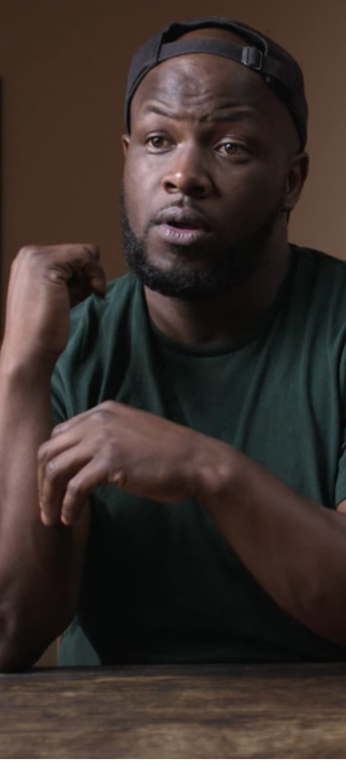
Spend enough time as a reporter, and you’ll quickly learn: There comes a moment in any interview when you tell yourself, ‘This is the quote. This is the interview. This is the story.’
The same must happen with non-fiction movies.
Sometimes when you watch a documentary – particularly one of the new wave of true crime serial documentaries – you can’t help but imagine the moment when the producers first met their key interviewee and, within a couple of minutes, realized they were looking at factual-film-making gold.
Dan Schneider, the hero – and here, that’s not hyperbole – of Netflix’s rollicking new four-parter, The Pharmacist, is such an interviewee. An open-hearted, grey-haired bear of a man who is articulate and eager to tell his shattering tale, often through thick tears and repeatedly invoking God as a helper and witness, Schneider has an attribute even the best sources don’t usually offer: he has recorded, on film or audio cassette, everything he has been through, meaning The Pharmacist has a vivid immediacy most documentaries can’t achieve.
Appalled at the lack of police interest in the case and with acute grief occluding his instinct for self-preservation, Schneider launched his own investigation, hunting for and interviewing suspects and witnesses while ignoring strong advice not to proceed. In the hope of one day presenting his evidence at trial, Schneider taped all his phone calls and even spoke his private thoughts into his recorder, as if narrating his own story.
That story, of who killed Schneider’s son and how he found them, is a breathless thriller with a sensational twist in the middle. But, in episode two, The Pharmacist reveals that Danny’s murder is merely a horribly tragic prelude.
Indeed, Schneider’s investigations did not end with the killing. He used his day job to look into an even bigger problem than crack: opioids. Oxycontin prescriptions are coming through his pharmacy’s door far too often, clutched by patients too young and not in enough pain to warrant taking the drug. When he recognizes a young user in a news report on her premature death, Schneider takes his audio equipment and his unstoppable curiosity and picks up the case: thanks to one rogue doctor, there are young people on their way to dying early just like Schneider’s son did. But unlike Danny, some of them can be saved.
What follows is a rapidly expanding narrative of medical, corporate and law-enforcement corruption, doggedly chipped away at by a lone individual who simply won’t shut up and be quiet. The you’re-kidding-me revelations that power any good true crime doc come regularly – the moment when a simple piece of investigative work by Schneider makes the DEA, FBI and local sheriff’s office all look stupid is a corker – as The Pharmacist scores interviews with all relevant parties, holding some of them back for maximum storytelling impact.
The show is blessed with several compelling talking heads apart from Schneider himself, not least a reformed big-pharma drugs rep who announces yet another abrupt shift in the plot by dramatically barking, more than halfway through the series: “That wasn’t the end! That was … the beginning!”
In the last two episodes, we arrive at the real point of The Pharmacist, as it pulls back to look at the history of a national opioid crisis that has claimed hundreds of thousands of American lives since Schneider correctly outlined its mechanics at a local level. It is a story of inhuman capitalist greed on a huge scale, described here as being on a par with the lies told about tobacco in a previous century. The final twist is that when the scandal goes national, the humble Louisiana pharmacist keeps up with it, scaling up the same fussy, stubborn common sense to help stem the tide.
The Pharmacist raises an impeccably important global issue, but its power as television all comes from one individual. Schneider, always dogged by sadness (the program never forgets young Danny’s loss) but resolute in his faith and his desire to right wrongs, also has the self-awareness necessary to be a truly great documentary protagonist:
“I was driven,” he says in one of many wry examinations of his own motives. “Other people would say ‘obsessed’.”
